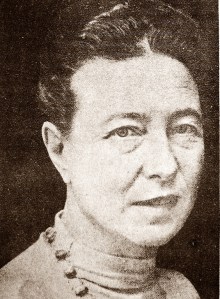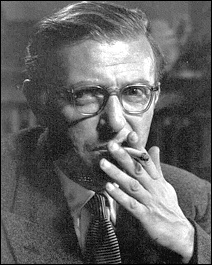The Magic of Findhorn is a magical book. I first read it when it came out in paperback more years ago than I care to remember. For more than a decade, I reread it now and then to savour Hawken’s sweet distillation of the spirit of the time. Those were the heady days of pot-smoking hippies, smiling flower children, and idealistic communes. Findhorn added fairies, giant cabbages, and bushes that got out of the way when you wanted to make a path through them. It was wonderful to imagine that I might run off and join the small band of romantics building a new kind of community on what was once a garbage dump. I never did, of course. Sometimes I think I missed a great chance. Findhorn still exists, although it is now a foundation and calls itself a “New Age” community. Naturally, there is a website.

An enchanting look at an early New Age community in Scotland.



